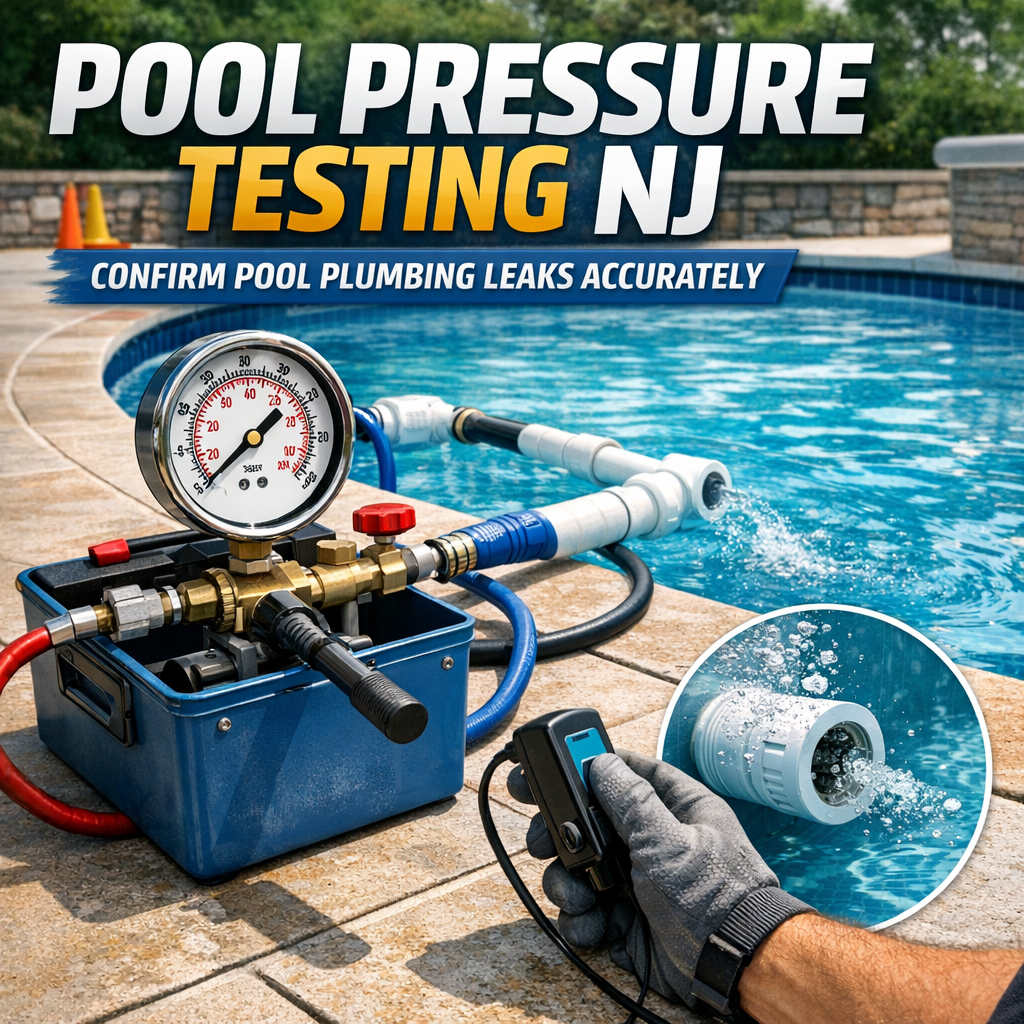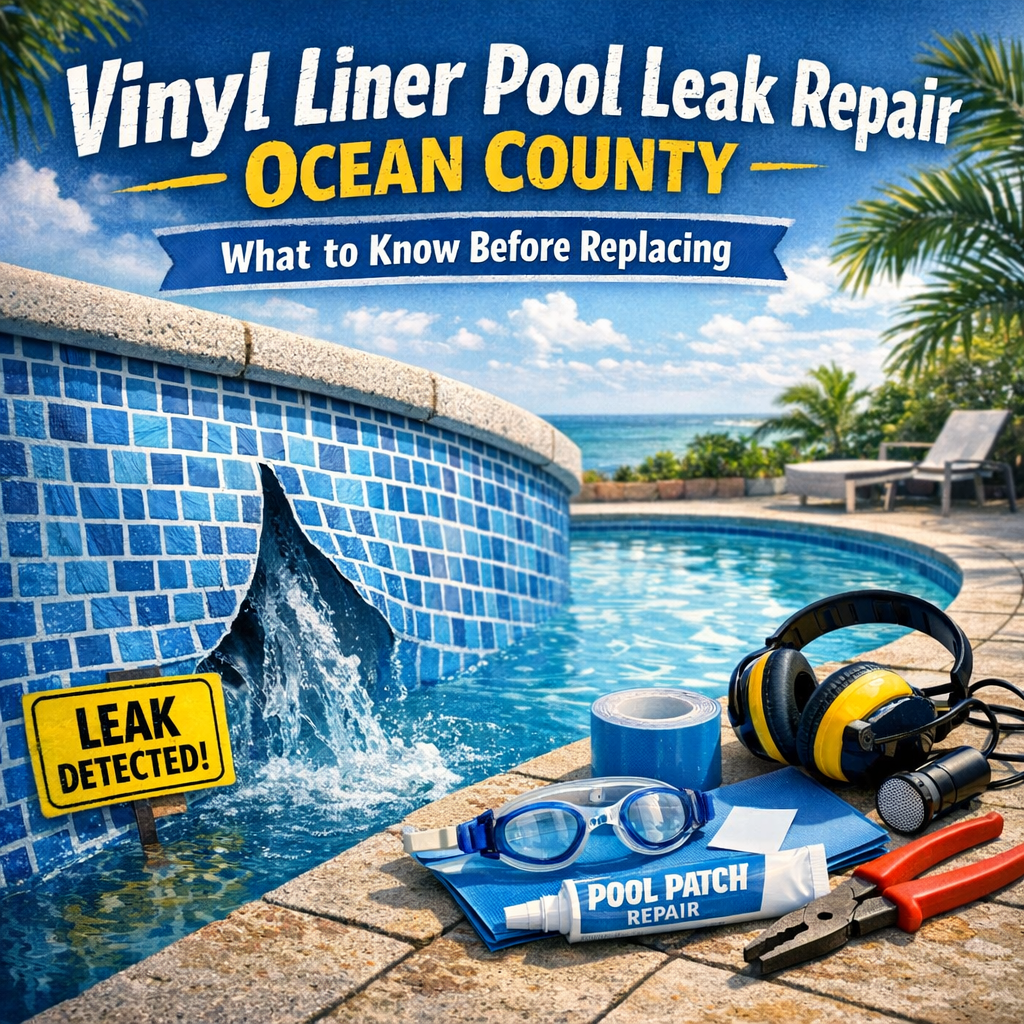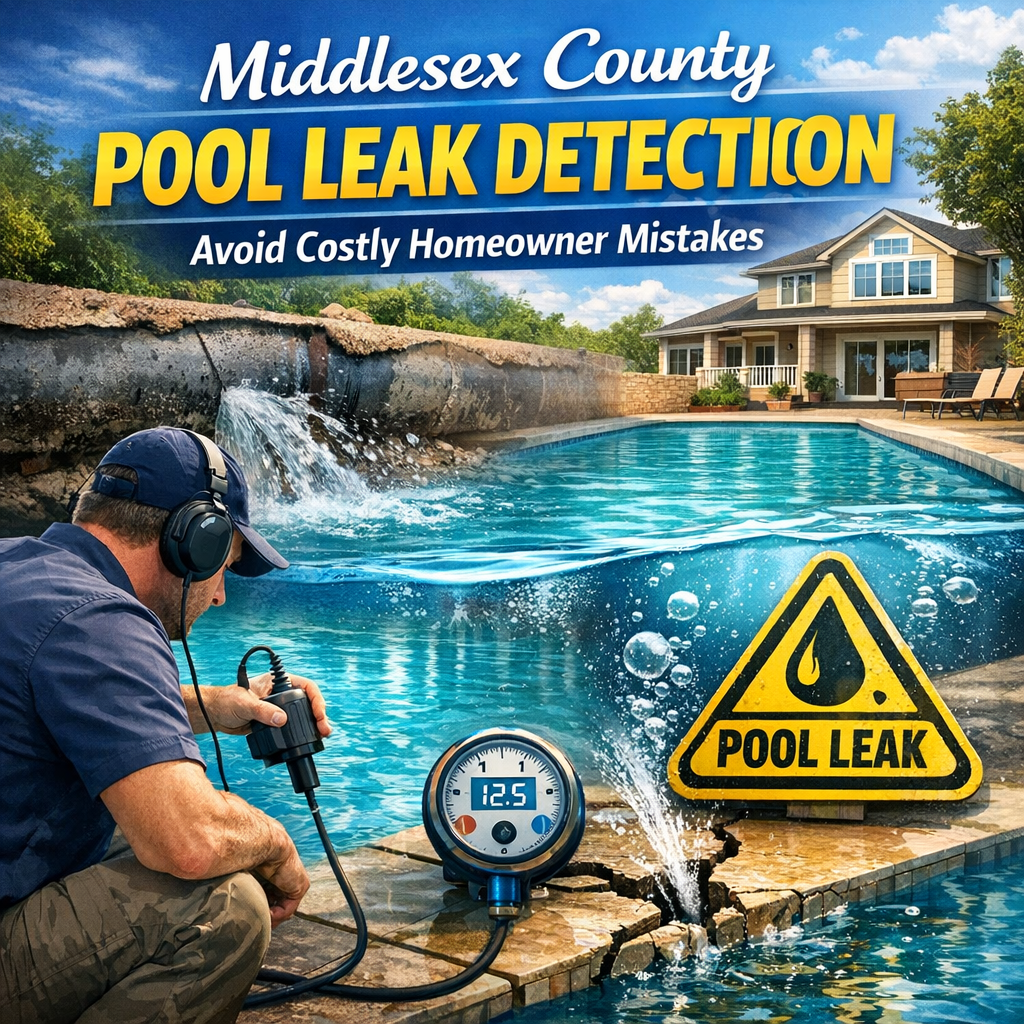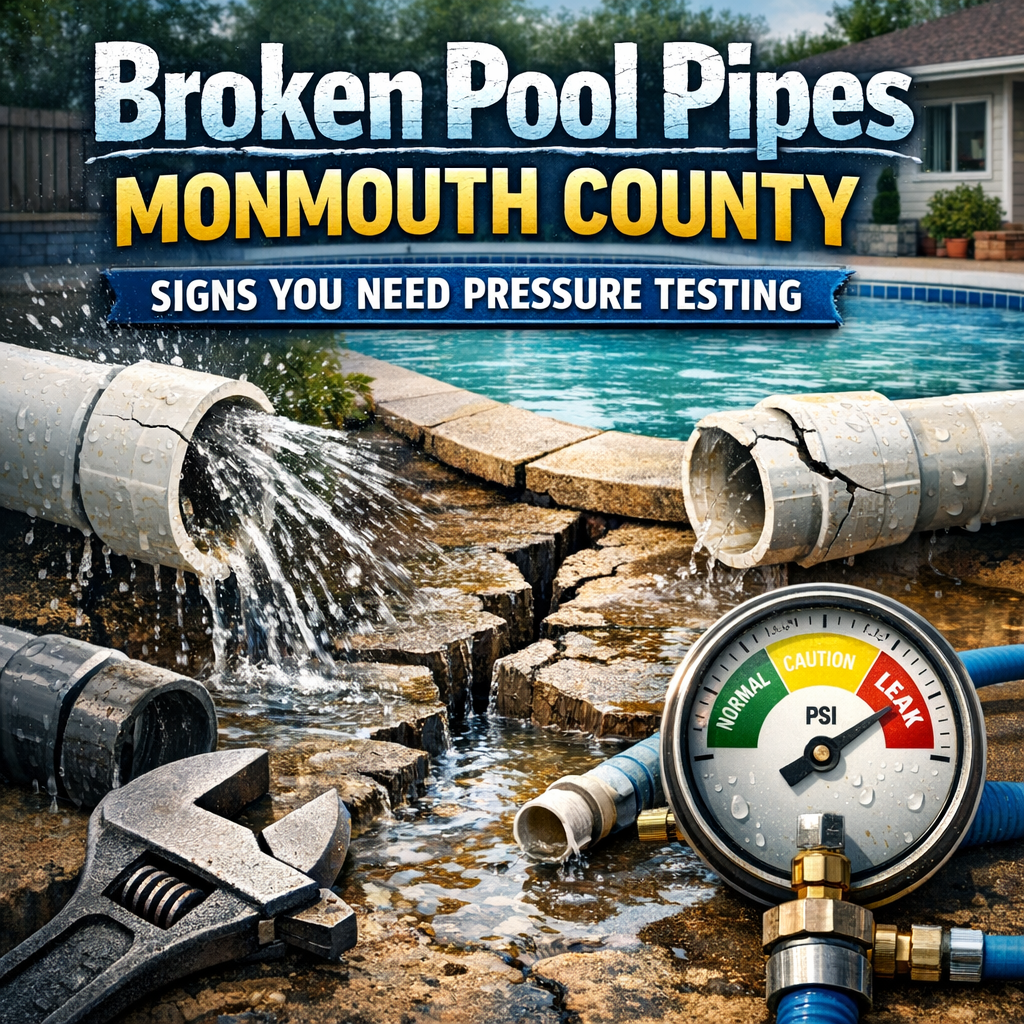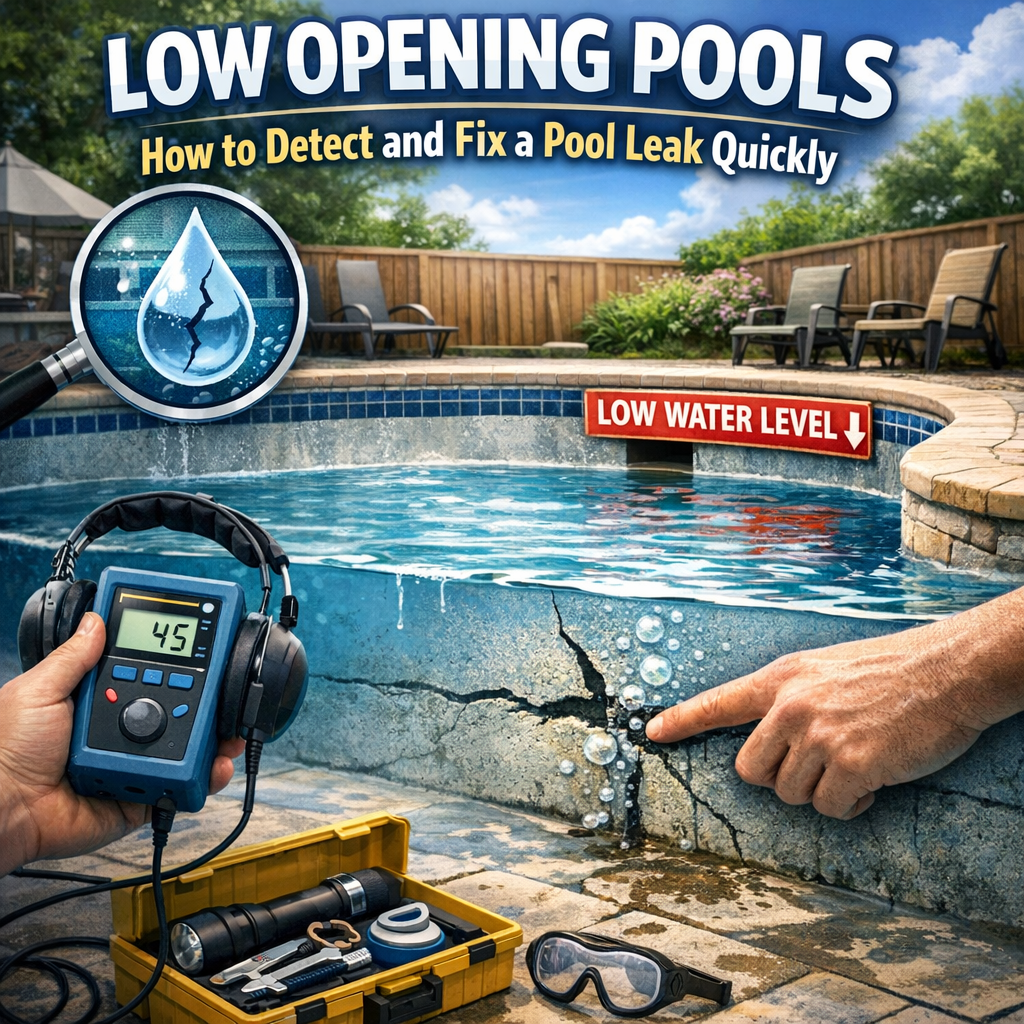Pools are a valuable feature for many homeowners, offering a space for recreation and relaxation. However, maintaining a pool’s integrity over time can be challenging, especially when external factors like soil movement come into play. Understanding how soil movement impacts pool structures is essential for preventing leaks and ensuring longevity. This article explores the ways soil movement develops beneath pools, particularly in Millstone Pools, identifies common causes of leaks, and discusses preventive measures to safeguard your investment.
Understanding Soil Movement and Its Impact on Pool Structures
Soil movement refers to the shifting or settling of the ground beneath a pool’s foundation, often caused by natural processes such as seasonal changes, moisture variations, or geological activity. In areas with expansive clay soils or inconsistent groundwater levels, soil can expand, contract, or shift significantly over time. These movements exert pressure on the pool shell and surrounding structures, leading to stress points and potential cracks. When the soil beneath a Millstone Pool shifts unevenly, it can cause misalignments, cracking, or even dislodgement of the pool shell, resulting in leaks. Understanding these underlying soil dynamics allows for better anticipation of potential issues and emphasizes the importance of proper construction and maintenance practices to accommodate soil movement.
Common Causes of Pool Leaks in Millstone Pools
In Millstone Pools, leaks often originate from the effects of soil movement that compromise the integrity of the pool’s structure. One common cause is the natural expansion and contraction of clay-based soils, which can create pressure on the pool shell and joints, leading to cracks or dislodgement. Poor drainage around the pool area can also exacerbate soil instability, causing water to accumulate and favor soil swelling or erosion beneath the pool. Additionally, inadequate backfilling or improper compaction during installation may leave voids or uneven support, making the pool more susceptible to shifting soil. Over time, these factors can combine to create stress points that develop into leaks, especially if not addressed promptly through repairs or stabilization techniques.
Preventive Measures to Minimize Soil-Related Pool Damage
To minimize the risk of soil movement causing leaks in Millstone Pools, proactive measures should be implemented during both construction and maintenance. Proper site assessment, including soil testing, helps identify soil types and their behavior, guiding suitable foundation design and backfilling techniques. Installing a robust drainage system around the pool area reduces water accumulation and soil erosion, maintaining soil stability. Using flexible joints and expansion materials in the pool’s plumbing and shell can accommodate minor soil shifts without cracking. Regular inspections and timely repairs of small cracks or shifting areas can prevent larger structural issues. Additionally, landscaping that prevents excessive water retention and erosion, along with soil stabilization methods like compaction or geotextiles, can further protect the pool from soil-related damage over time.
Understanding how soil movement develops beneath pools and influences their structural integrity is crucial for homeowners and builders alike. By recognizing the causes of soil-induced leaks and implementing preventive strategies, it is possible to extend the lifespan of Millstone Pools and ensure a safe, enjoyable swimming environment for years to come. Proper planning, construction, and maintenance are key to mitigating the effects of soil movement and preserving the integrity of your pool.


